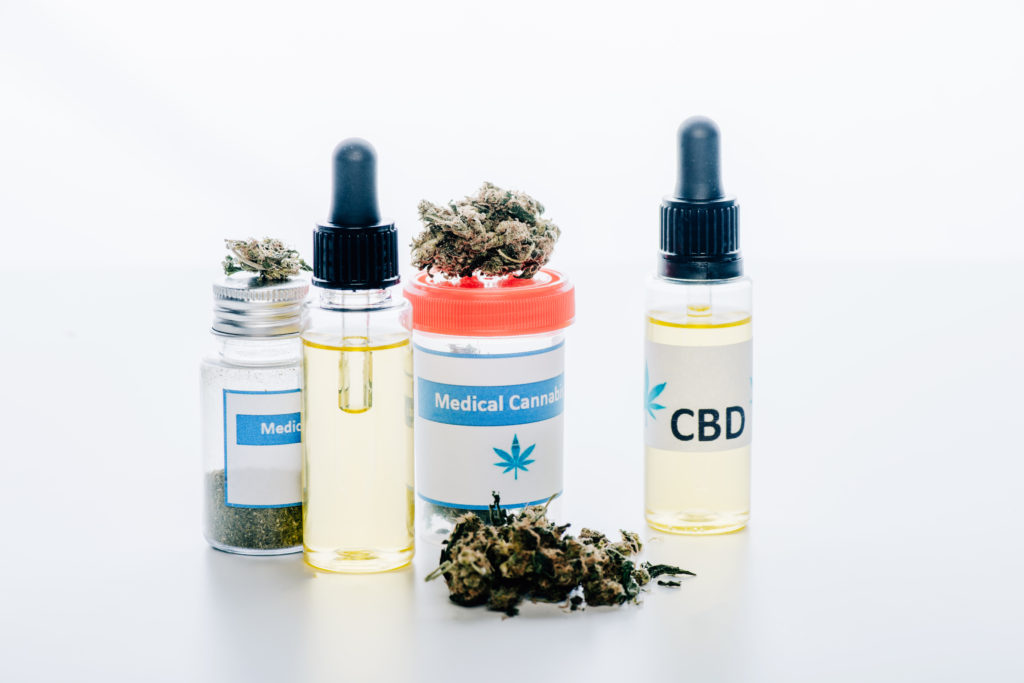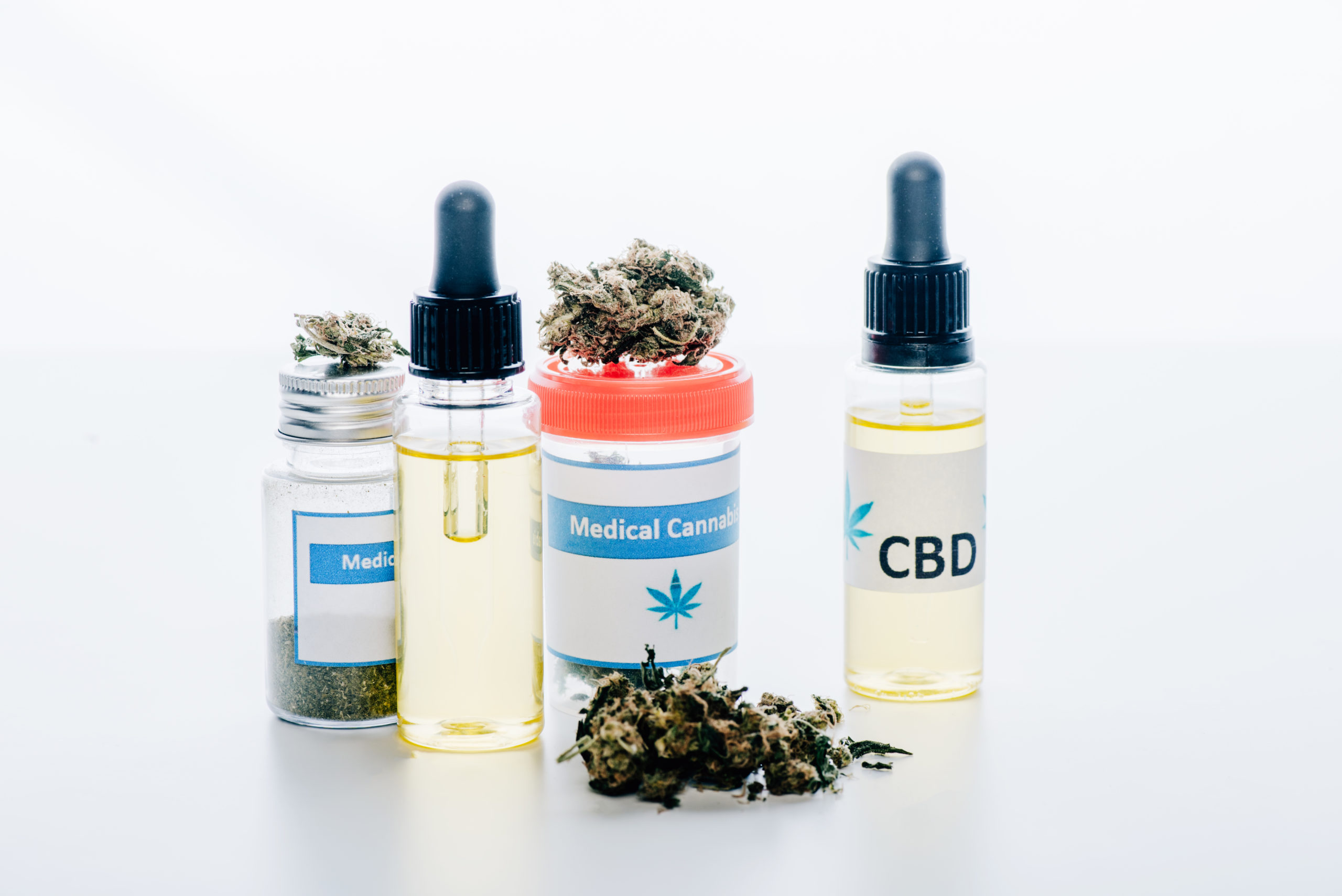Occupational health concerns of cannabis use

Occupational health concerns over the use of cannabis among workers are becoming increasingly important as cannabis becomes legal in more areas of the US. Of note, employers have concerns of workers either coming to work acutely impaired or recent use of cannabis still being detected in the body. Employment issues such as ADA law as it relates to accommodations for cannabis, paying unemployment benefits or paying out workers compensation benefits, and disability claims are all important issues. While federal law still prohibits the use, employers in different states have taken different stances based on whether they are federal contractors, perform safety-sensitive work, or whether the cannabis use is acutely impairing the employee.
Cannabis is currently the most commonly used illicit drug in the world and one of the earliest plants cultivated by humans. Early evidence of cannabis use in medicine has been found in China and India for religious and medicinal uses. Archaeological research shows early civilization cultivation of hemp in India to create a variety of products from ropes, textiles and paper. In countries, such as Nepal and China, cannabis seeds are still used today both as pharmaceutical as well as a food enhancer. Lack of concentration, impaired learning, and memory, alterations in thought formation, expression and sedation have been associated with cannabis use. Physiological signs include tachycardia, dilated pupils with injected conjunctiva, dry mouth and increased appetite Studies have also confirmed that impairment is related on a dose-response relationship.
As cannabis use increases and more states legalize use in the US, there are concerns surrounding the use of cannabis and its effects on job performance and safety. There are also concerns that the concentration of THC has increased over the past 50 years, thereby increasing the effects of the drug. The Controlled Substances Act of 1970 currently lists cannabis as a Schedule 1 drug, deeming it to be a substance with a high risk of dependence, abuse, and no (supervised) medical uses. The CATO Institute estimates that legalizing drugs would save $41 billion per year along with $46.7 billion in revenue if taxed at the same rates as alcohol and tobacco.
Employers and employees have faced new challenges in the workplace with the increasing legislation of cannabis. State law can have provisions, for an employer to refuse to hire based on marijuana use, under the concern of safety, productivity, and company reputation. Companies that have “safety-sensitive work” or include operating machinery or large vehicles are also free to institute a zero-tolerance policy for its employees. For the approximate 10 million CDL (Commercial Drivers Licenses) drivers in the USA, federal law requires they pass employer drug tests under the Omnibus Transportation Employee Safety Act of 1991.
Individual states in response to the federal government differed in how they dealt with cannabis. California was the first state to pass medical marijuana in 1996, followed by 23 other states currently permitting the use of medical marijuana.
Your Occupational health concerns of cannabis use Lawyer – contact Sodhi Law Group today.
The Sodhi Law Group is a highly successful law firm located in Modesto, California. We specialize in Criminal Defense, Civil Litigation, Personal Injury, Contracts and Transactions, and many other legal services. Jak Sodhi, Ameet Birring, and their team of professionals offer more than 20-plus years of legal experience and over 90% successful court cases since 1999*.
This blog does not create an attorney-client relationship. This blog is legal information and should not be seen as legal advice. You should consult with an attorney before you rely on this information.
Have questions? Contact Sodhi Law Group at https://www.sodhilawgroup.com/ or (209) 263-4820. Also, follow us on FaceBook today. Or fill out the form below.


